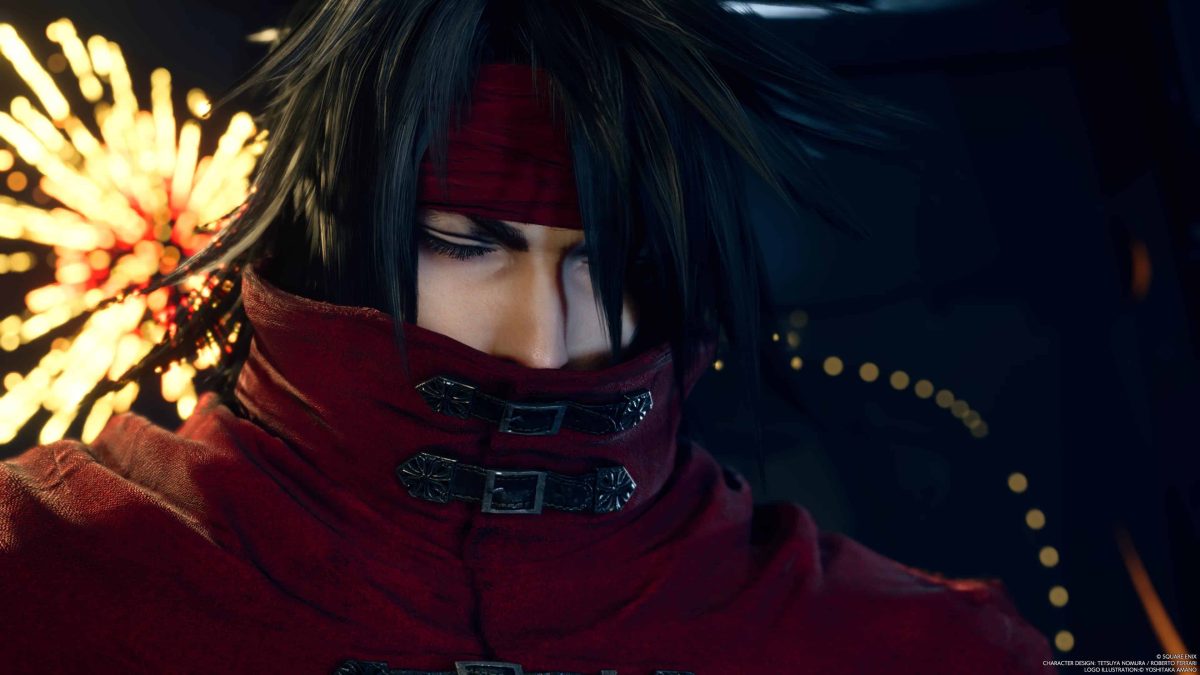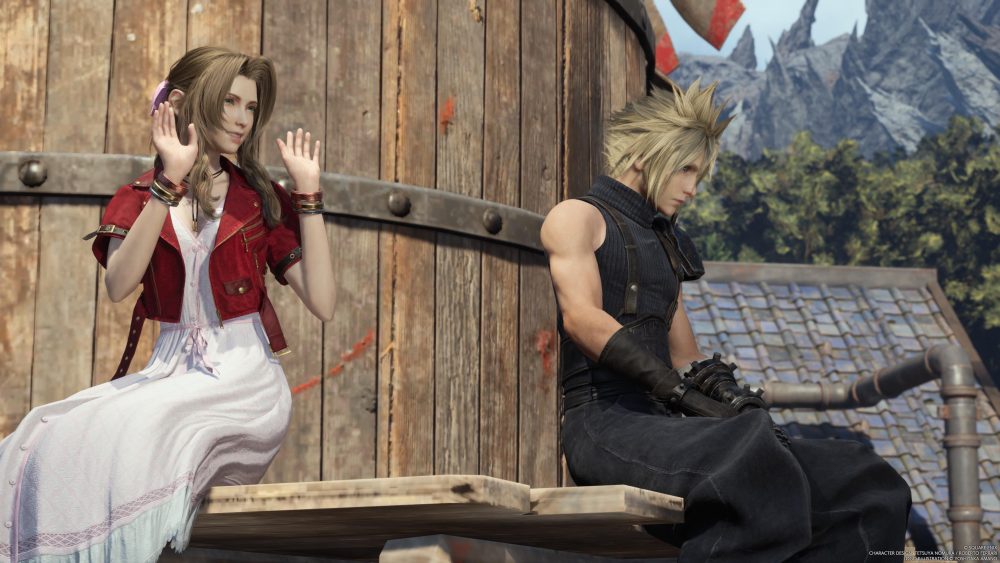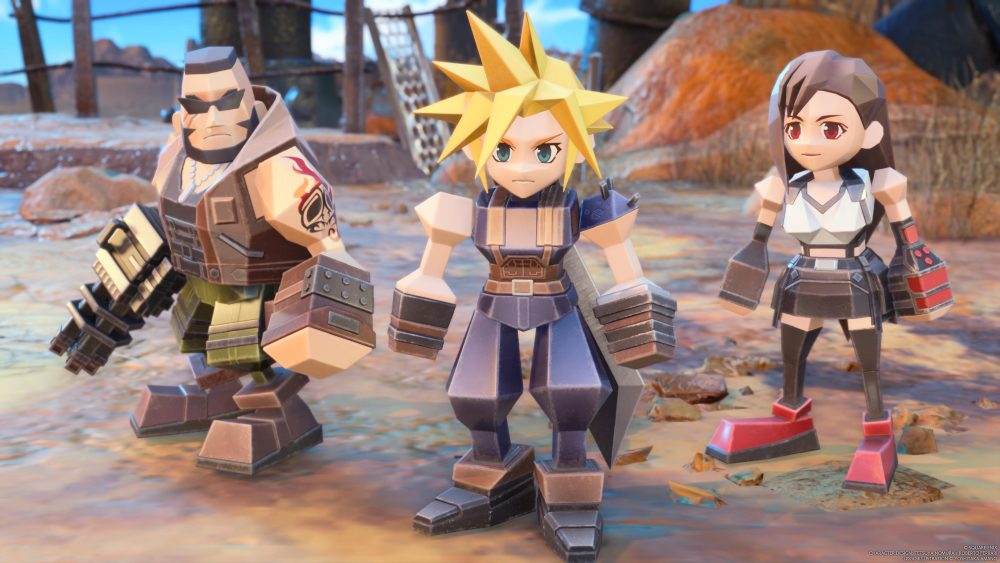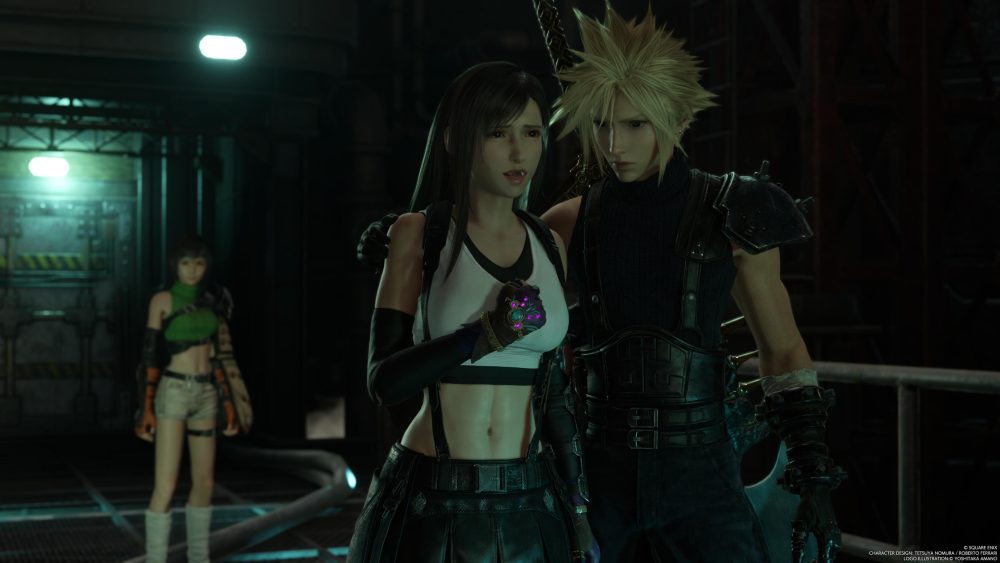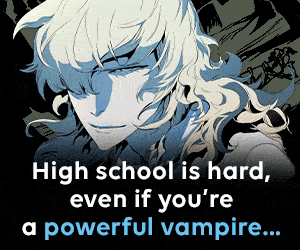The long-awaited (part two of the trilogy) sequel to Final Fantasy VII has been a critical hit. One month after its release, reception to Final Fantasy 7 Rebirth has remained positive with a 92% Metacritic rating, and by all accounts, the game is a strong contender for Game of the Year.
Celebrated for its engaging gameplay, open-world design, and compellingly emotional story, Final Fantasy 7 Rebirth is a beautiful achievement filled with equal parts lightheartedness as it is a powerful message about the state of our world.
It’s a story about how corporate greed is draining the lifeblood of our planet. How absolute power corrupts us into creating absolute monstrosities. A theme so relevant to the times that I’m genuinely surprised that the game seems quiet on how well it’s performed thus far. There’s an entirely warranted fear here that the game may be underperforming… Maybe in struggling to reach a newer audience.
I’m not the only reviewer who had difficulties putting Final Fantasy VII Rebirth down long after completion. And I’m not the only reviewer who’s loved it so much he found it disruptive to my life. The truth is, that entertainment is at a strange age where, in lieu of new ideas, the biggest familiar and financial drivers have been the rehashing of old ones. Much like X-Men ‘97, this game was catered towards people like me: millennials with nostalgia who grew up in the 90s.
Why it matters is because what we’re witnessing with this game is a generational comparison gap that needs to be addressed. According to Famitsu, physical sales of the game have dropped 90% in Japan mere weeks after its release. Though I will say these numbers don’t account for digital sales or the fact it’s selling well in every other country, the drop-off is considerably higher than with both FFVII Remake and Final Fantasy XVI.
A case could be made that the Final Fantasy brand might not appeal to Gen-Z (who play a lot more online, communal, multi-platform games), and from a marketing approach, Final Fantasy VII Rebirth can feel intimidating to a new audience as there are a lot of Final Fantasy games out there (none of which, you need to play in order to enjoy this game). Also, the title changes from Remake to Rebirth make me wonder if the game should have just pulled a Last of Us and gone with a similar naming strategy calling it Final Fantasy VII Remake: Parts 1 and 2 (this would’ve been a lot better for SEO in my opinion, especially with AI driving algorithms these days).
Time will tell if this game was a failure or a success story. Though in terms of game design, narrative, and the factors that make a quality videogame: I think not only does the game excel, but it also, exceeds all expectations. Square Enix nailed it out of the park with this one. It’s just that the times, and really, the gamers and their trends in behavior, have changed. Especially right now.
Currently, video games are in a post-pandemic era of oversaturation. Layoffs are already catching up to their sky-high numbers of last year and there are more games than ever before with signs of consolidation in the industry everywhere. Final Fantasy 7 Rebirth is also limited in accessibility by being a PS5 exclusive (in an era where Xbox sales and PlayStation sales seem to be dropping).
It’s also the subject of timing. Releasing the game now was good timing for awards season (as there won’t be anywhere near as much competition this year), yet bad timing for sales, as the gaming industry on the whole is in a hangover period after what’s being considered one of the greatest years in AAA video gaming history. As it stands, titles such as Harry Potter’s Hogwarts Legacy, Baldur’s Gate, Elden Ring, Spider-Man 2, and The Last of Us Part 2 are still seeping into the top video game sales charts of this year. All of which, can be affecting the game’s sales as… there are just too many games to play.
All that said, I genuinely can’t think of ways Final Fantasy VII: Rebirth could have been better outside of scaling back on some of its minigames. The excess in minigame content may feel intimidatingly bloated, though none of that is necessary for completing the story. They are, however, all necessary to finish with perfect scores in performance to chase the platinum trophy for 100% completion. Something that trophy hunters such as myself are a little annoyed at because while most of these are fantastic, a handful of these are poorly designed (The endgame Shinra bike one is even glitched right now, so it’s impossible to get the platinum until the next game patch).
The biggest complaint I’ve read amongst fans of the original series as to why they refuse to purchase the game is that a large group of people wish that the game was a basic remaster of the original. Basically, the same game with updated graphics. This complaint though is somewhat foolhardy and is sort of like comparing sales of Marvel and DC comics sales in the 90s to today – different eras with different types of competition for attention.
What most of us were too young to acknowledge, was that the Playstation One sold 102.4 million units in its lifecycle compared to 54.8 of the PS5. As one of the original PlayStation’s flagship titles, Final Fantasy VII introduced 3D JRPGs to the larger world and even popularized the usage of FMVs, which are full motion cutscenes rendered outside of a game’s engine to create a sense of seamless transition in load times.
Though that might seem trivial now, It was a revelatory innovation in the history of video games and something that helped drive sales for both the original FF7 and the PlayStation, showcasing what the PS could do at the time compared to its competitors. If you had a PlayStation back in the ’90s, you more than likely played or knew of someone who played Final Fantasy VII. What kids today think of Mario with Nintendo, is what Final Fantasy was to the PlayStation. It was just that big of a game in an era where it was just consoles or PC video games.
However, the biggest reason a remastered original wouldn’t work in today’s world was that the turn-based mechanics of the original FF7 have become slightly outdated. RPGs and JRPGS in particular, have grown popular and much more streamlined in today’s market to the point where you can play indie games with similar mechanics to the original FF7 on devices such as your mobile phone.
To use such a flagship title as Final Fantasy 7 and keep it scaled down to its original designs would not be a good idea in an era where that sort of gameplay can be found on the cheap almost everywhere (though never gets its fair share of publicity). Likewise, Square Enix had already taken this approach with Final Fantasy 8 Remastered, and though die-hard fans such as myself did enjoy it, none of it generated all that much of a buzz, nor would it ever be considered for Game of The Year. Which is what AAA studios need to keep doing now to stay relevant in the attention economy.
All that said, I can’t think of anyone who hasn’t had a positive reception to Final Fantasy VII Rebirth who played it. The game is a shining accomplishment of what single-player games can do and a brilliant approach to lighthearted fun in an era where content feels a tad grim lately.
Now if we could just convince naysayers to try it before judging it…



